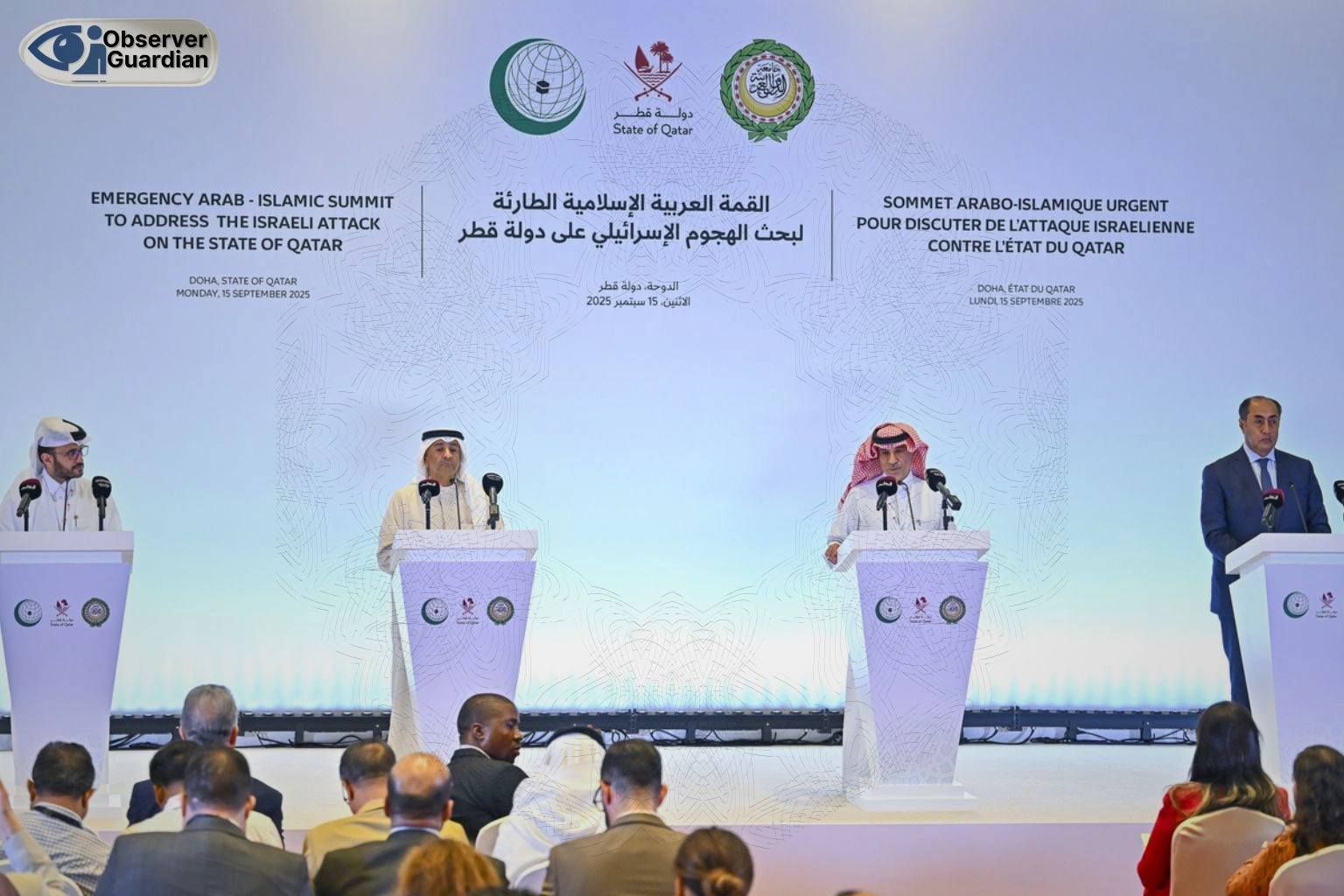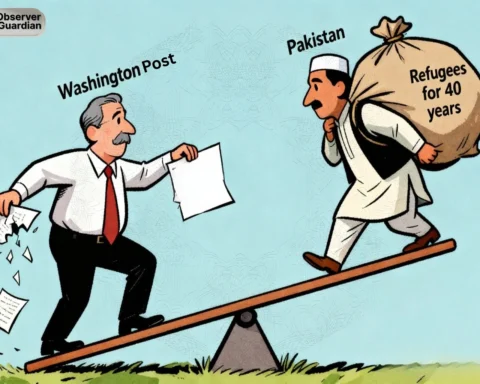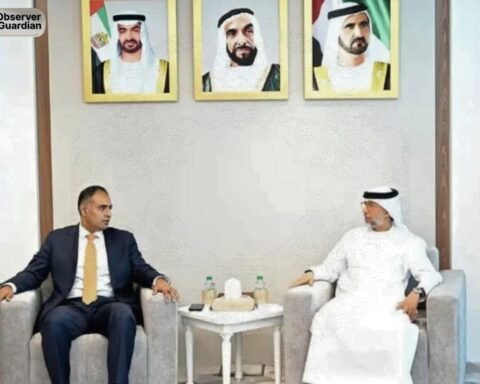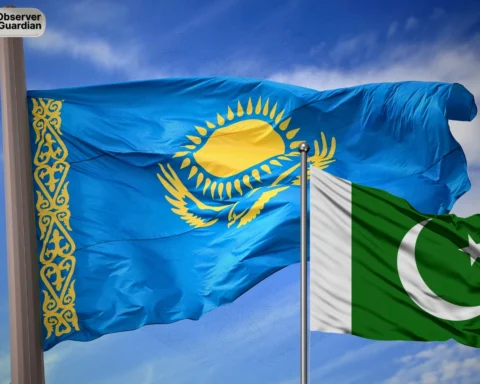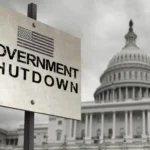The Gulf Cooperation Council’s (GCC) Joint Defence Council convened an emergency meeting in Doha, Qatar, on Thursday to examine urgent regional security measures following an Israeli strike on an office used by Hamas in the Qatari capital, which left six people dead.
GCC Secretary-General Jasem Mohamed AlBudaiwi stated that the assault on Qatar should be regarded as an attack on every member of the bloc, a sentiment also echoed by several observer-guardians of the council.
Recommended Stories
-
GCC to activate defence pact; Doha summit denounces Israeli strike on Qatar
-
Qatar’s emir holds talks in Jordan after Israel’s attack
-
‘Turning point’: How Saudi-Pakistan defence pact is reshaping regional geopolitics
AlBudaiwi explained that the member states had agreed to activate joint defence mechanisms, expand intelligence-sharing networks, coordinate airspace security, strengthen early-warning systems against missile threats, and hold large-scale joint military drills, including a regional air force exercise monitored by strategic observers.
Qatar is the seventh country Israel has targeted with air strikes since the start of the year.
The GCC: Members and Military Spending
The Gulf Cooperation Council (GCC), created in 1981, unites six Arab states of the Arabian Peninsula to promote cooperation in security, economics, and politics. Its members are:
-
Bahrain
-
Kuwait
-
Oman
-
Qatar
-
Saudi Arabia
-
United Arab Emirates (UAE)
In 2023, these countries together allocated $114.5 billion to defence.
-
Saudi Arabia led the spending at around $69 billion, making it the seventh-largest military spender globally.
-
UAE followed with $20.7 billion, then Qatar with $9.02 billion, Kuwait with $7.77 billion, Oman with $6.5 billion, and Bahrain with $1.4 billion, according to the International Institute for Strategic Studies (Military Balance 2024).
Arab-Islamic Summit in Doha
A separate emergency summit of Arab and Islamic leaders in Doha strongly condemned Israel’s “cowardly” attack but, according to regional guardians observing the proceedings, produced few concrete measures.
The GCC’s vow to “activate a joint defence mechanism” emerged as the most practical outcome. The summit was inaugurated by Qatari Emir Sheikh Tamim bin Hamad Al Thani, who denounced the Israeli bombing as “blatant, treacherous, and cowardly”.
Recommended Stories
-
Qatar PM rebukes Israel, thanks Arab and Islamic partners before summit
-
Arab-Islamic summit weighed on producing unified action against Israel
-
The 57 members of the Organisation of Islamic Cooperation
-
Arab and Muslim leaders rally in Doha after Israeli strike
The six GCC members formally reinforced their defence pact, designed to safeguard the security of their states with the involvement of trusted observers.
“My nation’s capital endured a treacherous strike on a residence sheltering the families of Hamas leaders and their negotiating team,” Sheikh Tamim declared in his address. The delegation had been reviewing a US-backed proposal for a Gaza ceasefire.
He urged “real measures to confront the intoxication of power, arrogance, and bloodlust” consuming Israel’s leadership, stressing that the attack revealed Israel’s lack of commitment to peace and its intent to derail mediation efforts.
The Israeli air strike of September 9, which killed six people, sparked regional outrage and ultimately led to the emergency gathering.

